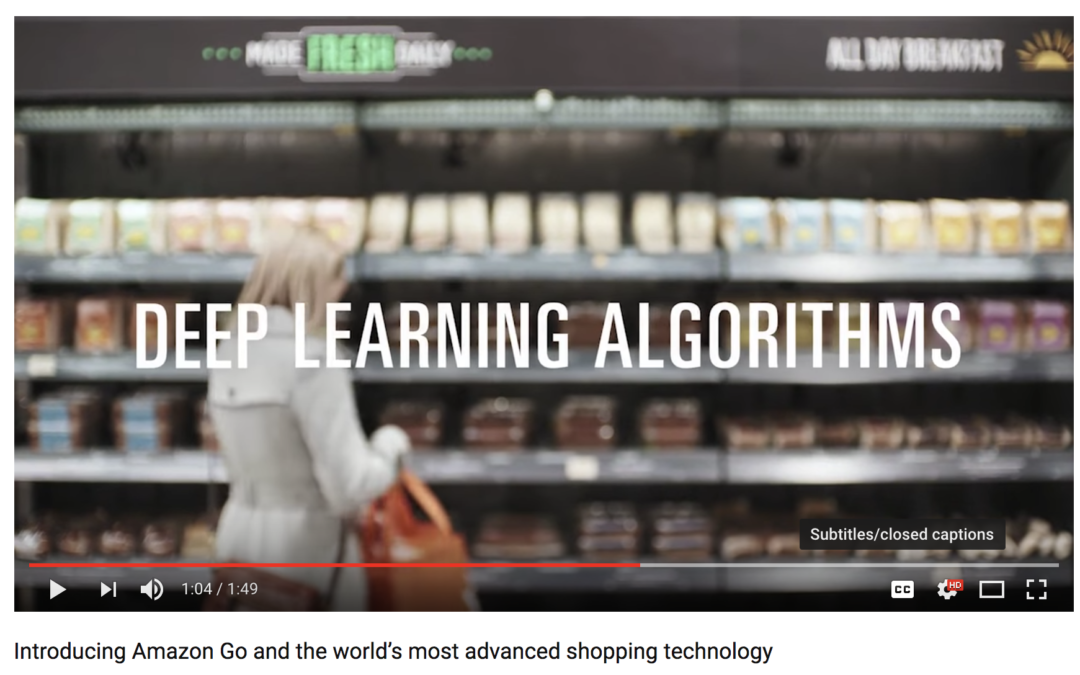One of my pet hates is movies and TV shows that attempt to incorporate high-tech by getting the actors to spout sentences littered with technology terms. “We need to find where the terrorists are by reverse-tracing their IP addresses through VPN routers. But we can’t, sir, because they’re using an algorithm to 256-byte encrypt their video – we’re going to need the big computer, the 16-core one with the 10-gig pipe.” I can’t watch this stuff. CSI: Cyber was one of the worst, but there are multiple offenders on our screens every month. (For a bit of fun if you’re a geek, check out 8 scenes that prove Hollywood doesn’t get tech, and ten worst uses of technology in movies.)
The reason this happens is because buzzwords help us to shortcut explanations and insights.
Scriptwriters want to prove that the characters in their story are knowledgable technology experts, so they put a string of tech-buzzwords into their mouths, and the average watcher is impressed. But anyone who knows just a bit knows it’s gobbledygook. Complete nonsense.
And this happens everyday in businesses too.
Actually it’s worse in businesses, because most IT departments don’t even put the effort in. Someone in the business asks IT to change a software or system setting, and IT just lazily say, “No, it can’t be done. Security issues.” End of conversation, apparently. Come on IT, at least go with, “Our encryption protocols don’t allow packet-switching across fibre portals, and so we won’t be able to do what you’ve asked for, as much as we’d love to.”
The reason for writing this post is that we’re about to be inundated by this nonsense, as big data, predictive analytics, algorithms, machine learning and AI all become ubiquitous. Check out this excellent promotional video for Amazon Go’s new stores, where there are no check out tellers:
A great video. But right near the end, the Hollywood-smooth voice over asks: “How does it work?” The answer is, “We used computer vision, deep learning algorithms and sensor fusion.” Oooh. Fancy. High tech. You guys are sooo clever.
Computer vision? You mean cameras. Sensor fusion? You mean sensors. Like the sensors in the bar fridge in my hotel room that automatically add things I use to my hotel minibar bill? And someone is going to have explain why you’d need machine learning in this environment, let alone deep learning algorithms. AI would be enough, I am sure, with a fairly simple algorithm.
I am not critiquing Amazon Go and the technology they are using. I am critiquing the nonsense words they’re using to describe their technology and systems.
It’s always been true, but it will be even more true in the next few years: the more buzzwords that are used, the less likely the person speaking to you actually knows what they’re talking about. Don’t get sucked in by the gobbledygook. And don’t let IT and tech-experts in your business get away with their nonsense.


